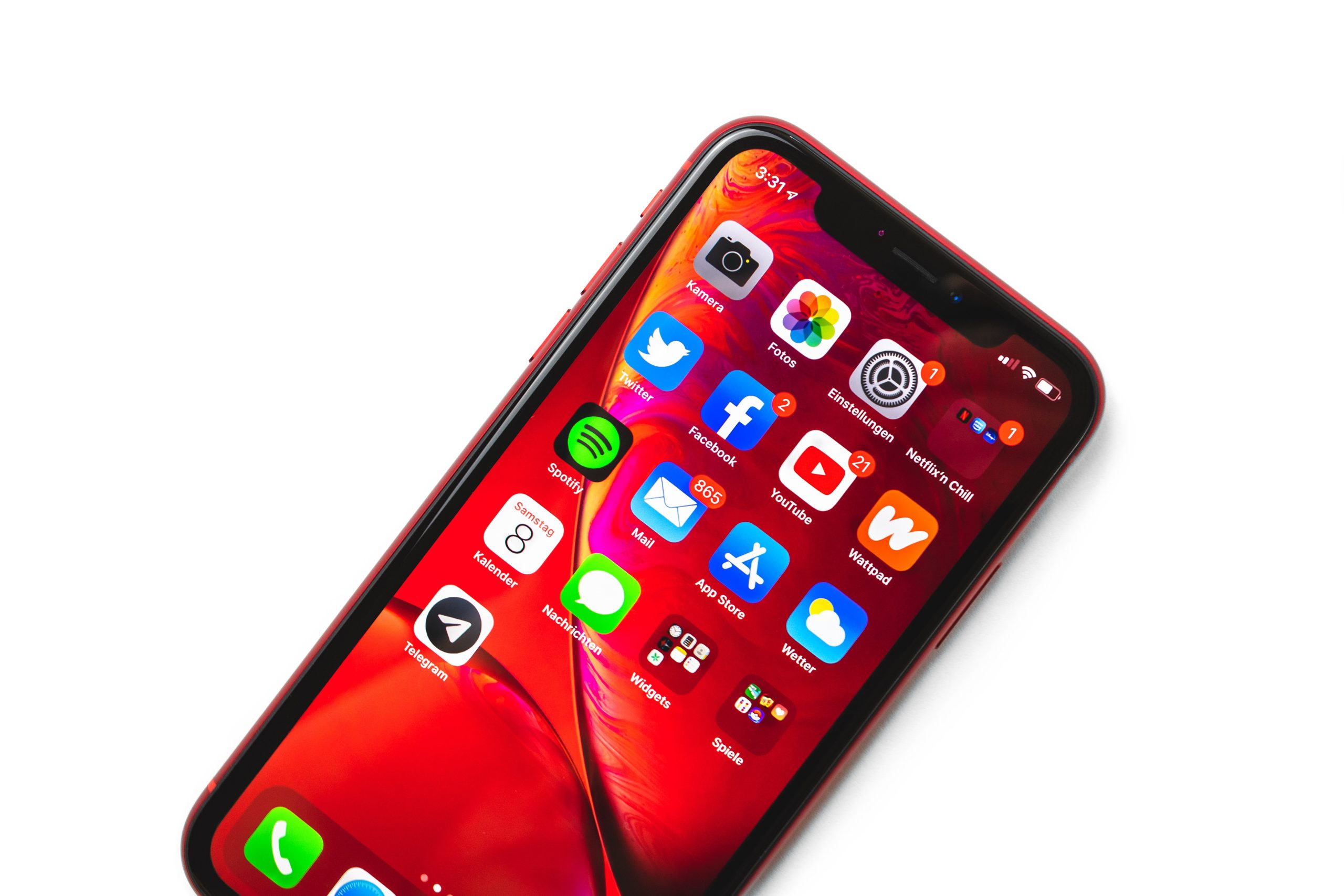As our readership knows, NFTs are unique and often one-of-a-kind digital files, such as images or short videos, that use blockchain technology to establish publicly, verifiable proof of ownership. What you might not know is that Apple Inc. (“Apple”) bars NFT apps that sell and trade NFTs from its iOS platform. In an attempt to creativity comply with this rule, the NFT app, “Sticky,” permitted the creation and sale of digital collectibles (calling them “NFTs”) through iOS, but did not permit them to be minted to a public blockchain.
Apple eventually removed the Sticky NFT App from its app store for allegedly misleading consumers by use of the word “NFT” to describe its digital collectibles that were missing the publicly-verifiable ownership element required to be true NFTs. Please note that claims are considered “misleading,” according to the Federal Trade Commission Act, if they imply something that is untrue (e.g., the nature of a product) or leave out relevant information.
Recently, Apple permitted an updated Sticky app to return to the iOS platform. With the new update, Sticky users may now use the app to create digital collectibles that may be minted into NFTs on public blockchains. Notably, digital collectibles designed using the app may be traded on Sticky, but, in compliance with the iOS platform restrictions, any NFTs of such collectibles may not.
Other Marketing Law Violations and Consequences
Recently, some NFT projects have been the subject of various allegations, including those involving fraudulent, deceptive, and misleading business practices. An extreme example is the alleged Frosties Utility NFT scheme, which the United States Attorney for the Southern District of New York has claimed is a criminal “rug pull.” A rug pull is a term used to describe “a project launching, garnering investment, and subsequently being shut down without delivering on its promises.” The defendants in the Frosties case are facing, among other claims, charges of wire fraud – a federal crime that “involves any scheme to defraud another person or party by means of electronic communication.”
Marketers and NFT minters who engage in fraudulent, deceptive and/or misleading business practices may face serious consequences, including: 1) large fines (up to $43,792 in fines per violation) resulting from a Federal Trade Commission investigation; and 2) in certain circumstances, criminal charges (e.g., up to 20 years in prison).
Looking to Create an NFT App?
To avoid such allegations, those in the NFT industry must comply with state and federal laws that apply to their business and advertising practices. Given these risks, it is advisable to obtain guidance from attorneys experienced with NFT promotional advertising before offering NFT apps or other token-related collections to the consuming public.
If you require assistance with an NFT app launch and/or review of your NFT marketing practices, please e-mail us at info@kleinmoynihan.com, or call us at (212) 246-0900.
The material contained herein is provided for information purposes only and is not legal advice, nor is it a substitute for obtaining legal advice from an attorney. Each situation is unique, and you should not act or rely on any information contained herein without seeking the advice of an experienced attorney.
Attorney Advertising
Photo by Sara Kurfeß on Unsplash
Similar Blog Posts:




